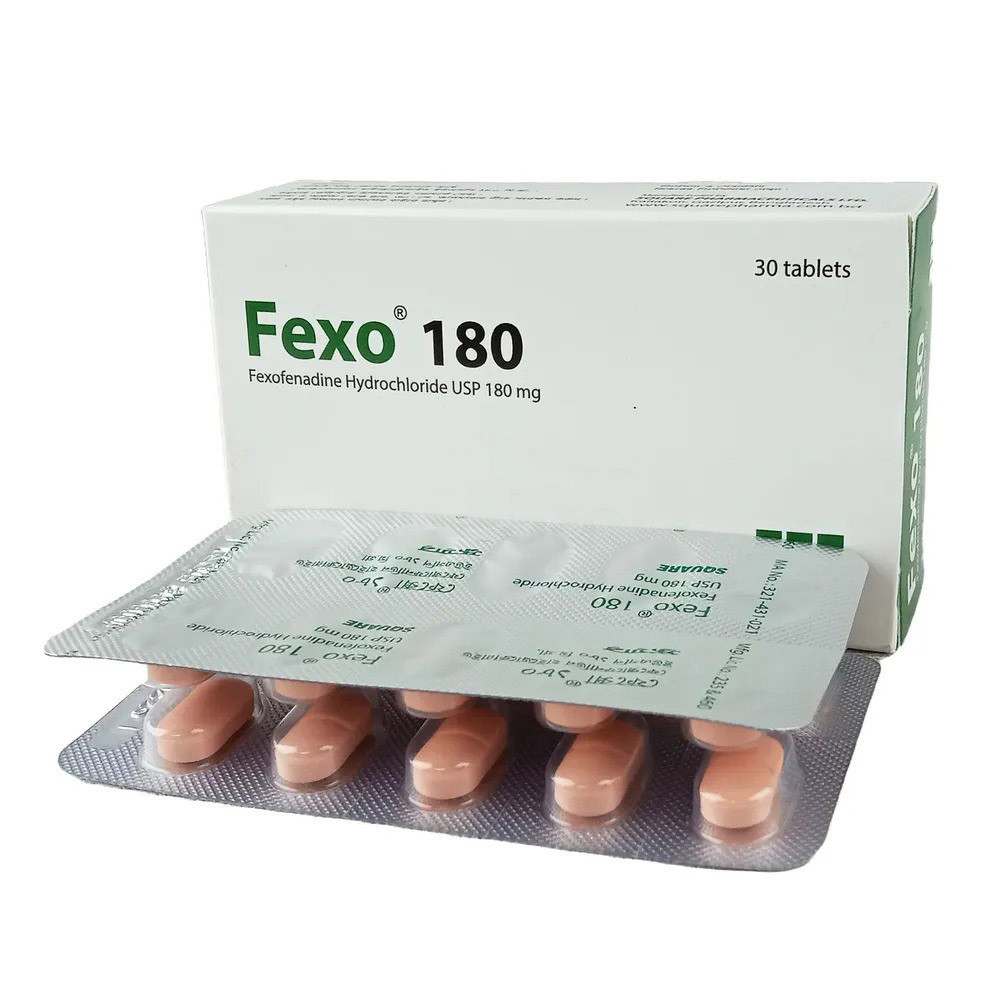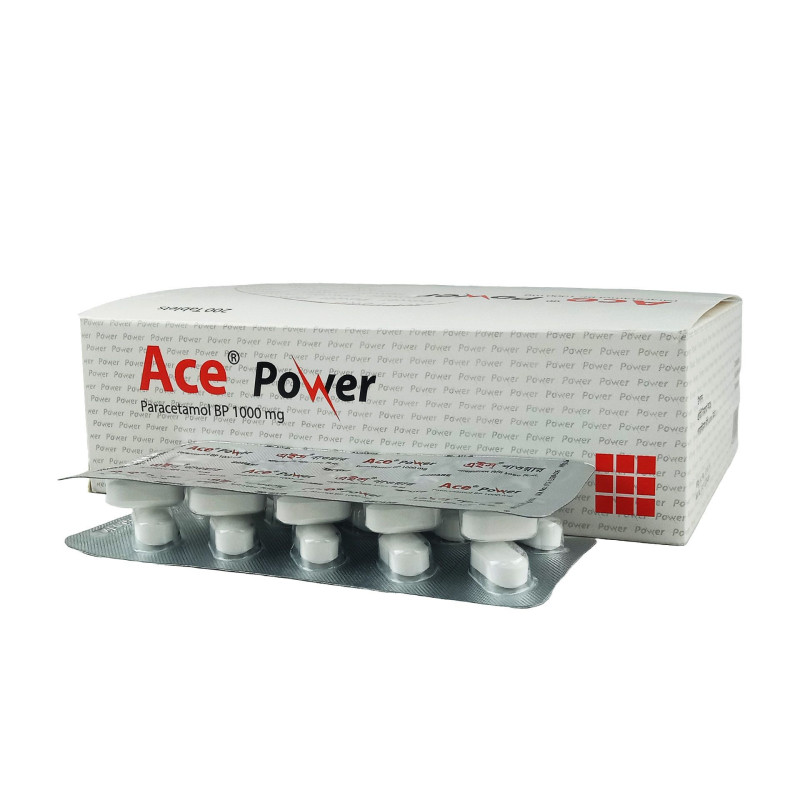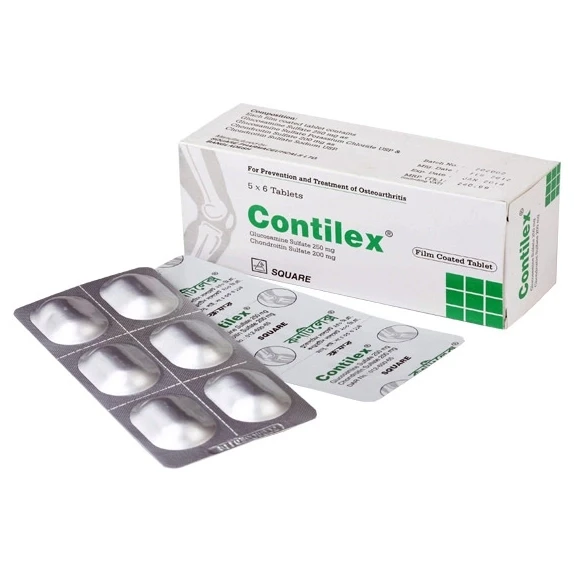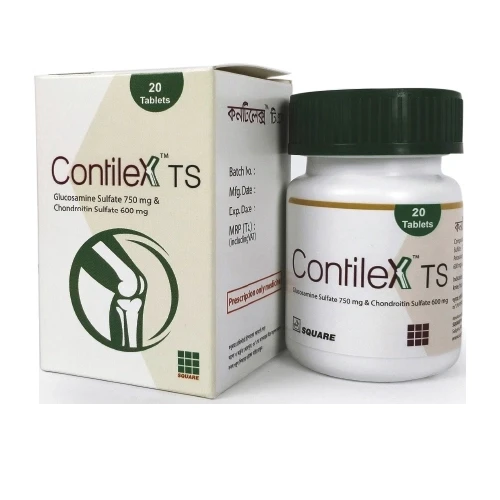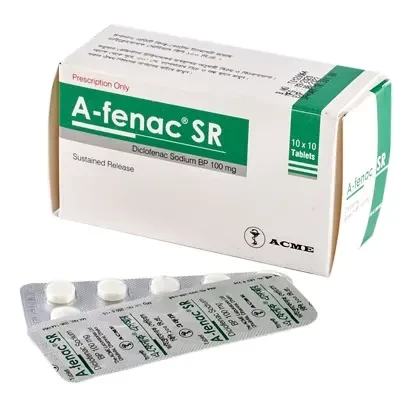

Diflupred Ophthalmic Emulsion 5 ml drop, Difluprednate 0.05%
Inhouse product
-
৳11.40
৳12.00 -
৳42.75
৳45.00 -
৳16.63
৳17.50 -
৳2.14
৳2.25
Reviews & Ratings
Indications
Diflupred is indicated
for the treatment of inflammation and pain associated with ocular surgery. It
is also indicated for the treatment of uveitis, pseudophakic cystoid macular
edema(CME), ocular surface diseases, e.g. blepharitis & corneal
inflammation.
* রেজিস্টার্ড চিকিৎসকের পরামর্শ মোতাবেক ঔষধ সেবন করুন'
Pharmacology
Corticosteroids
inhibit the inflammatory response to a variety of inciting agents and may delay
or slow healing. They inhibit edema, fibrin deposition, capillary dilation,
leukocyte migration, capillary proliferation, fibroblast proliferation,
deposition of collagen, and scar formation associated with inflammation. There
is no generally accepted explanation for the mechanism of action of ocular
corticosteroids. However, corticosteroids are thought to act by the induction
of phospholipase A2 inhibitory proteins, collectively called lipocortins. It is
postulated that these proteins control the biosynthesis of potent mediators of
inflammation such as prostaglandins and leukotrienes by inhibiting the release
of their common precursor arachidonic acid. Arachidonic acid is released from
membrane phospholipids by phospholipase A2. Difluprednate is structurally
similar to other corticosteroids.
Dosage & Administration
For the treatment of
inflammation and pain associated with ocular surgery: Instill 1 drop into the conjunctival sac
of the affected eye 4 times daily beginning 24 hours after surgery and
continuing throughout the first 2 weeks of the post-operative period, followed
by 2 times daily for a week and then a taper based on the response.
For the treatment of
endogenous anterior uveitis: Instill 1 drop into the conjunctival sac of the affected
eye 4 times daily for 14 days followed by tapering as clinically indicated.
For blepharitis: Instill 1 drop into the conjunctival sac
of the affected eyes 2 times daily for 1 week & then once daily for 1 week.
For pseudophakic
cystoid macular edema: Instill
1 drop into the conjunctival sac of the affected eyes 2 times daily.
* রেজিস্টার্ড চিকিৎসকের পরামর্শ মোতাবেক ঔষধ সেবন করুন'
Interaction
Specific drug
interaction studies have not been conducted with Diflupred 0.05% ophthalmic
emulsion.
Contraindications
Difluprednate is
contraindicated in most active viral diseases of the cornea and conjunctiva
including epithelial herpes simplex keratitis (dendritic keratitis), vaccinia,
and varicella, and also in mycobacterial infection of the eye and fungal
diseases of ocular structures.
Side Effects
Adverse reactions
associated with ophthalmic steroids include elevated intraocular pressure,
which may be associated with optic nerve damage, visual acuity and field
defects; posterior subcapsular cataract formation; secondary ocular infection
from pathogens including herpes simplex, and perforation of the globe where
there is thinning of the cornea or sclera. Ocular adverse reactions occurring
with Diflupred included corneal edema, ciliary and conjunctival hyperemia, eye pain,
photophobia, posterior capsule opacification, anterior chamber cells, anterior
chamber flare, conjunctival edema, and blepharitis for patient with ocular
surgery.
Pregnancy & Lactation
Pregnancy Category C.
Difluprednate has been shown to be embryotoxic and teratogenic when
administered subcutaneously to rabbits. Since use of Difluprednate during human
pregnancy has not been evaluated so Difluprednate should be used during
pregnancy only if the potential benefit justifies the potential risk to the embryo
or fetus. It is not known whether use of Difluprednate passes into breast milk.
Caution should be exercised when it is administered to a nursing mothers.
Precautions & Warnings
- Prolonged use of
corticosteroids may result in glaucoma & posterior subcapsular
cataract formation. If Diflupred is used for 10 days or longer, IOP should
be monitored.
- Use of a corticosteroid
medication in the treatment of patients with a history of herpes simplex
requires great caution.
- Fungal infections of the cornea
are particularly prone to develop coincidentally with long-term local
steroid application.
- Do not touch dropper tip to any
surface as this may contaminate Diflupred.
Use in Special Populations
Pediatric Use: Diflupred was evaluated in 0 to 3 years of
age for the treatment of inflammation following cataract surgery. A similar
safety profile was observed in pediatric patients comparing Diflupred to
Prednisolone Acetate ophthalmic suspension 1%.
Geriatric Use: No overall differences in safety or
effectiveness have been observed between elderly and younger patients.
Overdose Effects
Overdosage will not
ordinarily cause acute problems. If accidentally ingested, drink fluids to
dilute.
Therapeutic Class
Ophthalmic Steroid
preparations
Storage Conditions
Store at room
temperature, protect from light and freezing. It is desirable that the contents
should not be used more than 1 month after first opening of the bottle.
Frequently Bought Products
Loteflam Ophthalmic Gel 3 ml tube, Loteprednol Etabonate 0.5%
Fusid Tablet, Furosemide 40 mg
Natagen Ophthalmic Suspension 5 ml drop, Natamycin 5%
Product Queries (0)
Login Or Registerto submit your questions to seller
Other Questions
No none asked to seller yet
-
৳11.40
৳12.00 -
৳42.75
৳45.00 -
৳16.63
৳17.50 -
৳2.14
৳2.25
